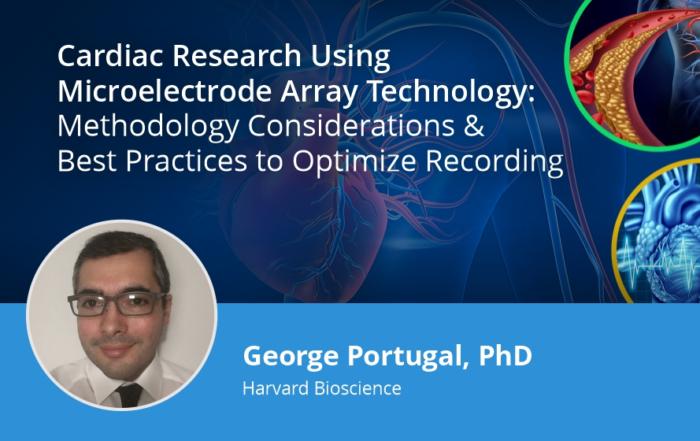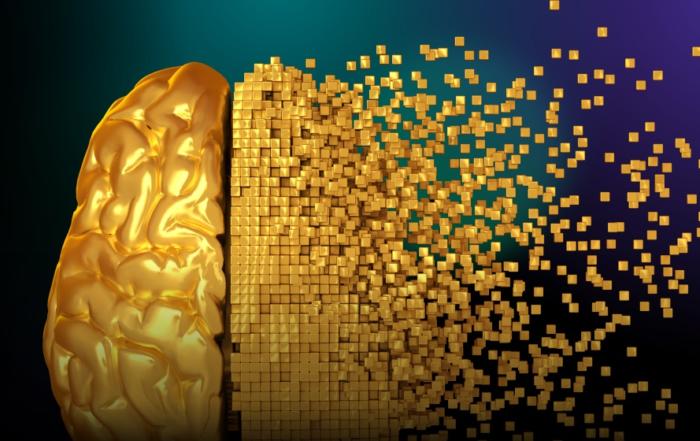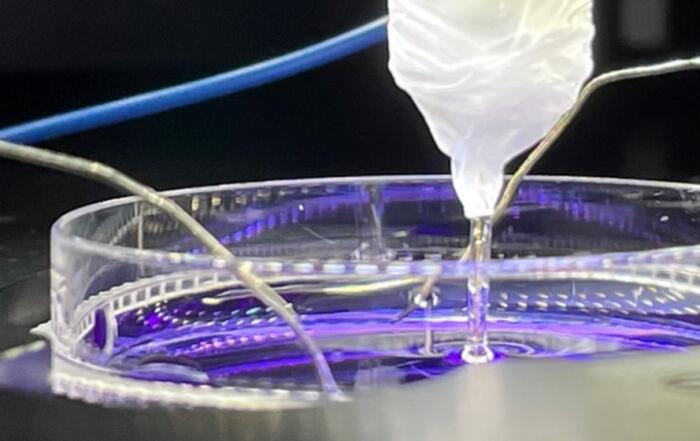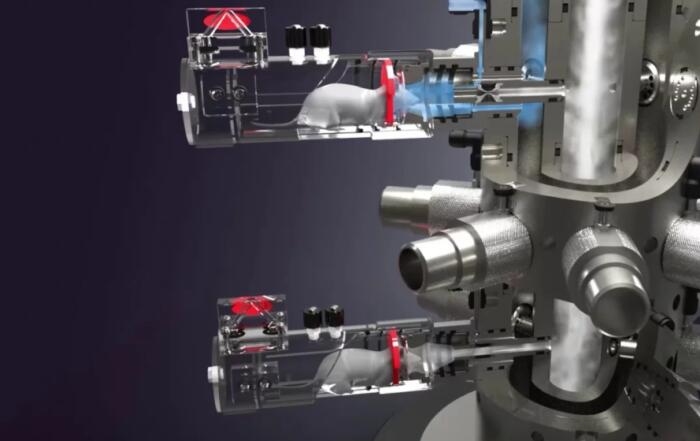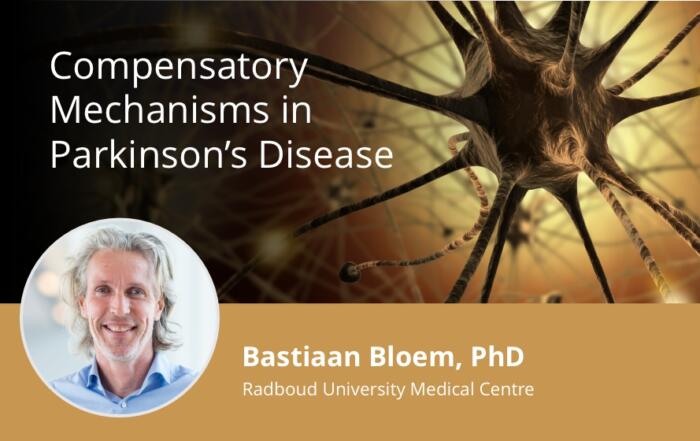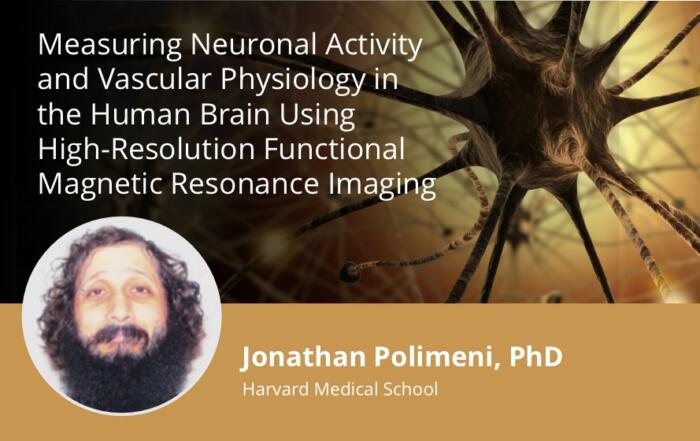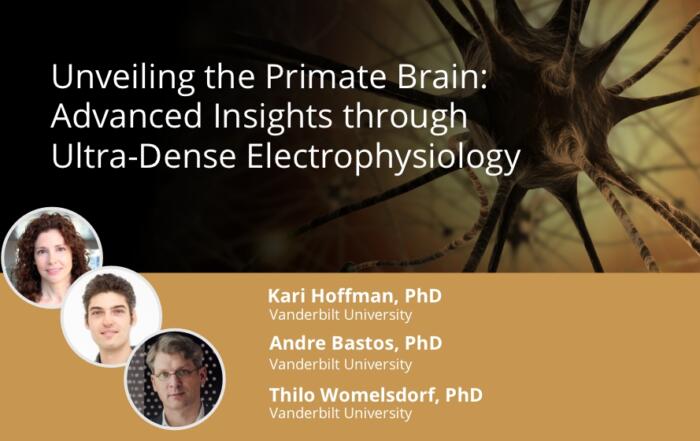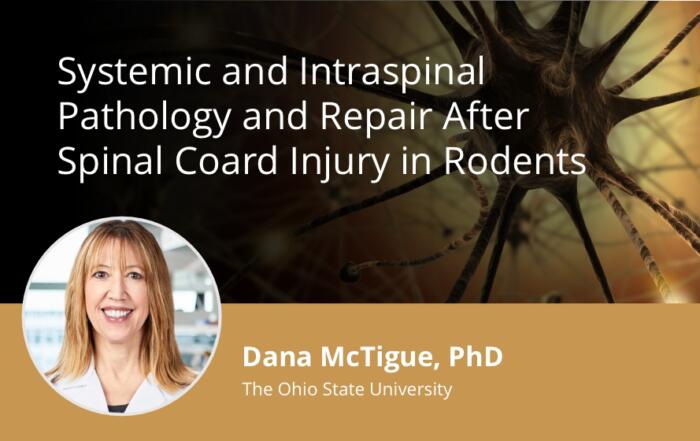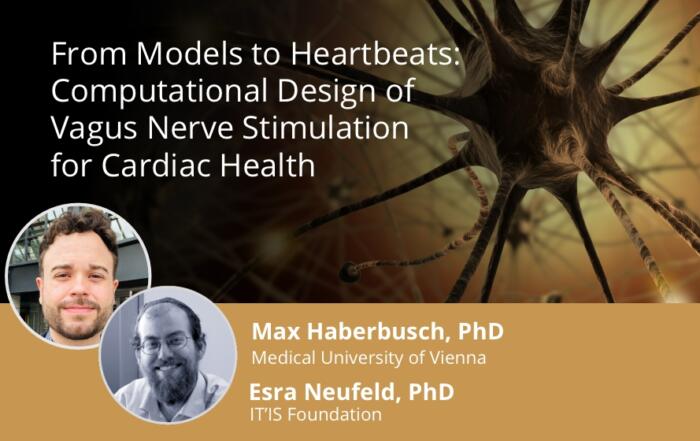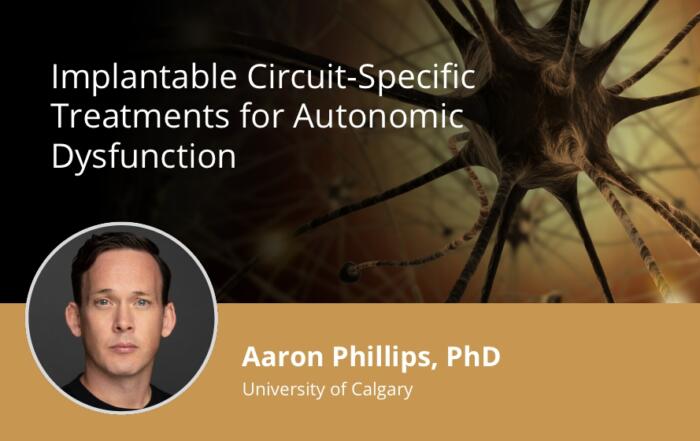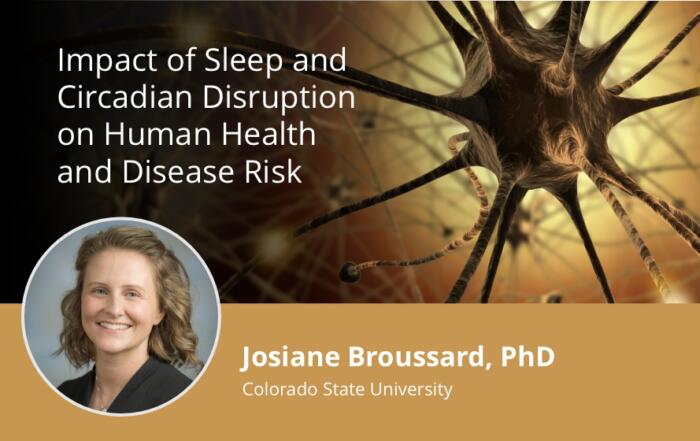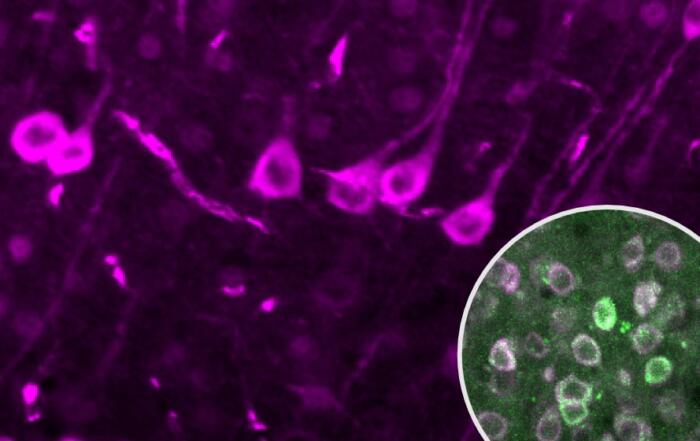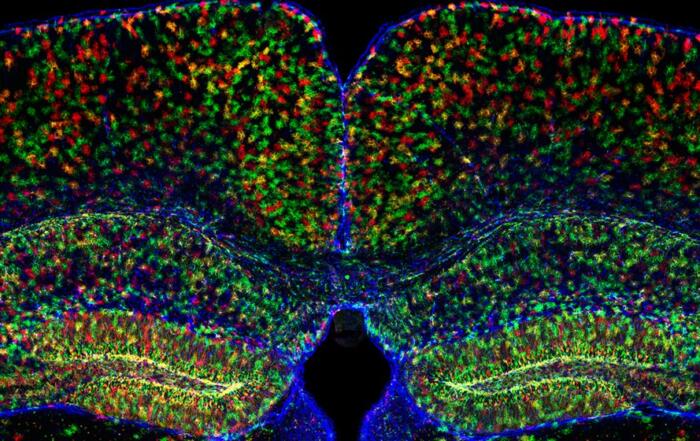In this webinar, Dr. Sven Schönecker and Sara Mirsadeghi, MSc, discuss 3D Mesh Microelectrode Arrays (MEA) including new developments and applications.
In today’s fast paced research environment, drug testing, regulatory requirements, and alternative methods are at the forefront of neuroscience research. In this webinar, Dr. Sven Schönecker discusses the latest in 3D Mesh MEA’s, its ability for a more true-to-life system for studying organoids, and the versatility of the well-established MEA2100 system from Multi Channel Systems (MCS), an affiliate of Harvard Bioscience (HB).
The main challenge in the brain organoid field is to monitor neural network formation within development and manipulate the synaptic plasticity of mature brain organoids. Indeed, this challenge hinders neuroscientists from achieving all aspects of human brain-on-chip. In this webinar, Sara talks about how growing brain organoids around the electrodes, using Mesh MEA, brings neuroscientists closer to the brain-on-chip inherence.
Key Topics Include:
- Why organoids? – Advancements and alternative models to support the 3R’s (replace, reduce, refine) of animal models
- How did we get here? – Understand the challenges of 2D electrodes and the introduction of the 3D Mesh MEA
- Benefits of the platform – Electrophysiology simplified…simple integration and flexibility using a universal, well-established platform
- It’s all possible – Cell culture, slices, organoids, implantation, and beyond
Presenters
Global Product Manager, Multielectrode Array
Marketing
Multi Channel Systems
Ph.D. student/Research Assistant
Neuroscience, Developmental and Regenerative Biology (NDRB)
University of Texas at San Antonio (UTSA)




